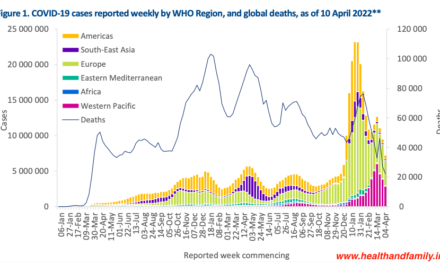A groundbreaking study led by Professor Kari Risnes from the Norwegian University of Science and Technology (NTNU) has uncovered alarming new findings about the long-term health risks faced by individuals born prematurely. The study, which analyzed birth data and causes of death for nearly 37,000 people from Norway, Sweden, Denmark, and Finland, suggests that women born prematurely are nearly 80% more likely to commit suicide compared to those born at full term.
Premature birth, defined as birth before 37 weeks of gestation, has long been associated with health challenges, both physical and mental. While many premature infants survive and thrive into adulthood, this new research highlights the significant vulnerabilities they face throughout life. Among the study’s most surprising findings is that prematurely born women are at an elevated risk of suicide, a risk that is nearly on par with that of men in the general population. In contrast, prematurely born men do not share the same heightened suicide risk.
“We were very surprised to see that prematurely born women are so vulnerable,” said Professor Risnes, an expert in pediatric epidemiology. “While men have traditionally had a higher suicide rate, our data shows that prematurely born women now have suicide risk levels similar to theirs.”
The study suggests that the increased risk of suicide among women born prematurely may be linked to a combination of factors. Premature birth often leads to long-term health issues, including physical and mental health struggles, lower cognitive function, and social challenges. Many of these individuals face difficulties navigating school and social environments, which can compound over time, affecting mental well-being.
For researchers like Associate Professor Signe Oppdal, who led the study’s data analysis, these findings confirm what has been suspected for some time. “Prematurely born individuals are known to face a higher risk of chronic conditions and mental health disorders, and our study demonstrates that they are also more vulnerable to unexpected, external causes of death, such as suicide, substance abuse, and accidents,” she explained.
The study also uncovered regional differences within the Nordic countries. For example, Swedish women born prematurely have an especially high suicide rate, while in Denmark, the suicide rate for prematurely born individuals is significantly lower. These variations suggest that social and healthcare factors may also play a crucial role in determining the long-term outcomes for prematurely born individuals.
Risnes, who has led several studies in this field, emphasizes that the increase in survival rates for premature infants in recent decades does not necessarily mean they are free from long-term risks. In fact, the challenges faced by these individuals often go unnoticed until later in life, particularly during transitions like entering school or the workforce. “We need to ensure that families and healthcare providers understand the specific needs of premature infants as they grow older,” she said.
One of the key takeaways from the research is the need for updated guidelines on the long-term care of prematurely born individuals. Current guidelines, which were last updated in 2007, focus primarily on children up to the age of five, missing the critical support needs that often emerge during adolescence and young adulthood.
With premature birth affecting approximately 6% of the global population, the researchers hope their findings will prompt more targeted interventions and comprehensive follow-up care. “We need more research to understand why these vulnerabilities exist, especially in women born prematurely,” Risnes said. “This study is just the beginning, and we are committed to exploring these challenges further.”
For now, the study serves as a wake-up call for greater awareness and support for individuals born prematurely, especially women, as they face an array of complex physical, mental, and emotional challenges throughout their lives.
Source: Bilsteen, Josephine Funck et al, “Mortality from external causes in late adolescence and early adulthood by gestational age and sex: a population-based cohort study in four Nordic countries,” BMC Medicine (2024).












